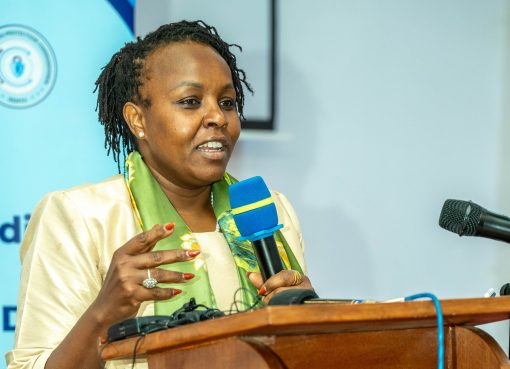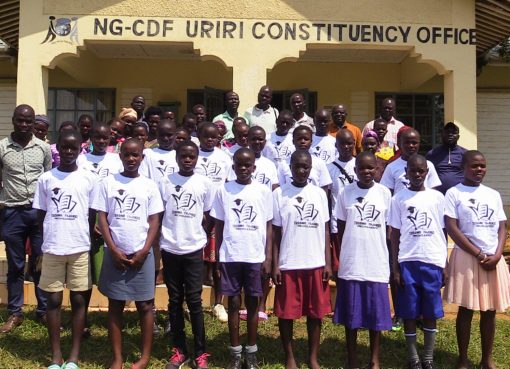A section of residents from North Eastern region on Thursday gave their views on the proposed export and investment promotion levy during a public participation forum held at Garissa University.
Speaking during the forum, Garissa market secretary, Abdirahman Burale called on the government to prioritize value chains targeting animal products from the region.
Over 90 per cent of North Eastern residents depend on livestock to eke a living being the main source of their livelihood.
“As a region we are looking forward to having value chain of meat products and leather products that are in plenty in our region. This will go a long way in empowering our people who are largely pastoralists,” Burale said.
Hassan Hussein a pastoralist from Garissa said that the proposed levy will enhance a better level playing field for local manufacturers, who have struggled to compete with cheaper imports apart from deterring ‘dumping of substandard foreign goods’.
Speaker after speaker welcomed the proposed levy noting that it will help the region achieve the industrial goals as anchored in Vision 2030.
Residents of Garissa have welcomed the proposed export and investment promotion levy, say it will help the Country achieve the industrial goals anchored in the Vision 2030.
The ministry of investment Trade and Industry has been holding countrywide public participation forums to get their views, give insights, provide feedback and ask questions about the proposed policy change.
The ambitious new levy will among other things support local manufacturing which will lead to an increase in the contribution of manufacturing to GDP from the current 7 per cent to 15 per cent and 20 per cent by 2027 and 2030 respectively.
It will also support the export development which will in turn grow export from current annual growth of 6 per cent to more than 25 per cent targeted by the National Trade Policy.
It will also reduce the country’s reliance on foreign goods and services. By promoting local manufacturing, the government aims to create a self-sufficient economy that is less vulnerable to external economic shocks.
The government has also prioritized tea, coffee, textile value chain, and the blue economy.
Peter Ochieng from the Kenya export and branding agency said the organization has the mandate of developing and promoting Kenyan’s export of goods and services worldwide noting that the levy will be two sided.
It will help the product development as well as help promote products manufactured in Kenya and exported to various markets
“As you are aware Kenya depends on foreign investment and it will also be used to facilitate investment of foreign attraction. Taking the aspects of country promotion and attracting investors to come and invest in Kenya,” Ochieng said.
Julius Kirima from the state department industrialization said levy was intended to promote Kenyan export and investments.
“The Kenyan government has prioritized manufacturing as one of the areas that it would want to see the country go focus more. The manufacturing has been known worldwide to be key driving economic growth and development. We intend to spur our manufacturing sector,” he said.
By Jacob Songok




